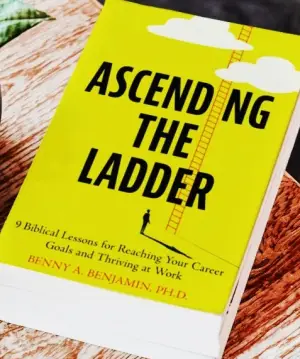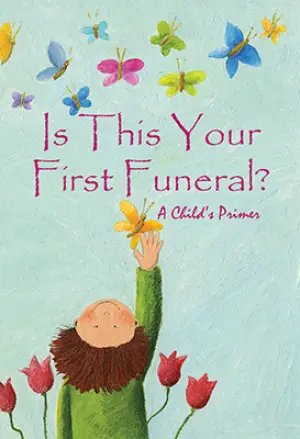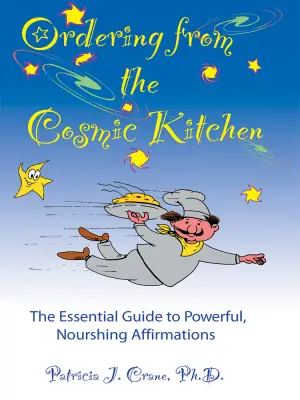Finding Freedom Through Recovery Dharma: A Personal Journey
When I first stumbled upon Recovery Dharma: How to Use Buddhist Practices and Principles to Heal the Suffering of Addiction, I was immediately drawn in by the promise of healing through the often-overlooked lens of Buddhism. Written by a community of individuals who have navigated the rocky shores of addiction, this book combines personal tales with practical teachings. It beckoned me not just as a reader but as someone intrigued by the way spirituality can intersect with our daily struggles.
A Journey of Empowerment
At its core, Recovery Dharma champions the idea that we are our own guides in recovery. This perspective resonated deeply with me. The authors, through various personal stories, illustrate that the path to healing is not linear but rather a series of ups and downs. The book emphasizes the importance of community—what they refer to as the sangha—as a support system in this journey. I found the concept of collective empowerment particularly moving; there’s something profoundly comforting in knowing we don’t have to face our battles alone.
The themes of craving, attachment, and aversion are so vital in both Buddhism and the discussion of addiction that they contextualize this path beautifully. The authors remind us that while craving is a part of being human, it’s the awareness we cultivate around that craving that allows for healing. It was enlightening to reflect on how our desires—in the case of addiction, they manifest as substances or behaviors we chase—ultimately lead to suffering.
Writing Style and Tone
The writing style is accessible yet rich with wisdom. The book flows seamlessly between personal anecdotes and practical exercises, making it a blend of spirituality and self-help that feels intimate and inviting. The pacing allows for deep reflection without feeling overwhelming, which I really appreciated. Each chapter concludes with reflective questions that prompted me to ponder my own relationship with craving and attachments.
One standout moment for me was a personal account shared that illustrated the power of mindfulness in overcoming spontaneous urges. The narrator expressed, “In the moments of wanting, I learned to pause and simply breathe.” This struck me as a beautiful reminder of the simple yet profound tools we often overlook when caught in the cycle of seeking immediate gratification.
Who Will Benefit
Recovery Dharma is not just for those grappling with substance addiction; it’s a resource for anyone attached to habits that bring suffering—be it through technology, food, or even relationship dynamics. I believe it may particularly resonate with those who are already familiar with Buddhist principles or are seeking a spiritual approach to recovery.
My experience reading Recovery Dharma was transformative. It reminded me that while the road to recovery can be daunting, it is also filled with opportunities for growth and connection. The book invites us all to explore our inner landscapes and offers wisdom and tools to carve paths toward lasting freedom from suffering.
If you’re on a journey of self-discovery or know someone who could benefit from a compassionate examination of their habits and cravings, I wholeheartedly recommend this book. It truly embodies the spirit of being your own guide while embracing the supportive warmth of a community.






